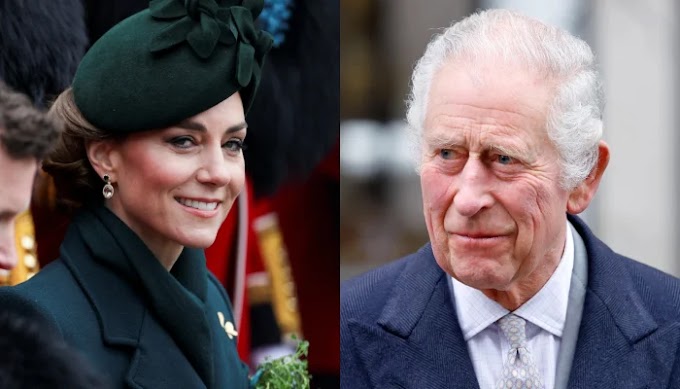Oprah interview exposed the Palace’s silence and selective protection
Meghan Markle’s explosive conversation with Oprah Winfrey remains one of the most defining royal interviews in recent memory. First aired in 2021, it drew in millions of viewers across the world and has since resurfaced in viral clips, reigniting debates about the monarchy, media, and the cost of royal life.
The Duchess of Sussex described how tabloid intrusion, family rifts, and the institution’s tight grip left her feeling voiceless. She spoke of being “silenced” by palace aides, unable to see friends freely, and even accused of trying to “upstage” others simply for carrying a yoga mat. According to her, the restrictions were framed as “protection,” but in reality, kept her isolated while headlines spun out of control.
More troubling, Meghan said the Palace often refused to correct damaging stories about her while quickly shutting down false claims about others. She pointed to the infamous tale that she had made Catherine cry, a rumour she asked officials to deny but was left hanging. Omid Scobie, a royal correspondent, later called this “selective silence.”
Her interview also touched on issues of racial bias, revealing that conversations took place about how dark her son Archie’s skin might be. She added that Archie was denied both a royal title and the security protection that would normally come with it, suggesting this could have been tied to Charles’s push to slim down the monarchy—or something more insidious.
Perhaps the most heartbreaking moment came when Meghan admitted she no longer wanted to be alive. She said her pleas for help were met with closed doors, an admission that shocked audiences and forced conversations about mental health, race, and the royal family’s ability to adapt.
The backlash was immediate. Critics accused her of exaggeration, Piers Morgan stormed off television after dismissing her claims, and the press called it the “worst royal crisis in 85 years.” Her estranged father branded her a narcissist in interviews. But supporters argue the real crisis wasn’t Meghan—it was an institution so determined to protect its image that it risked sacrificing her in the process.












